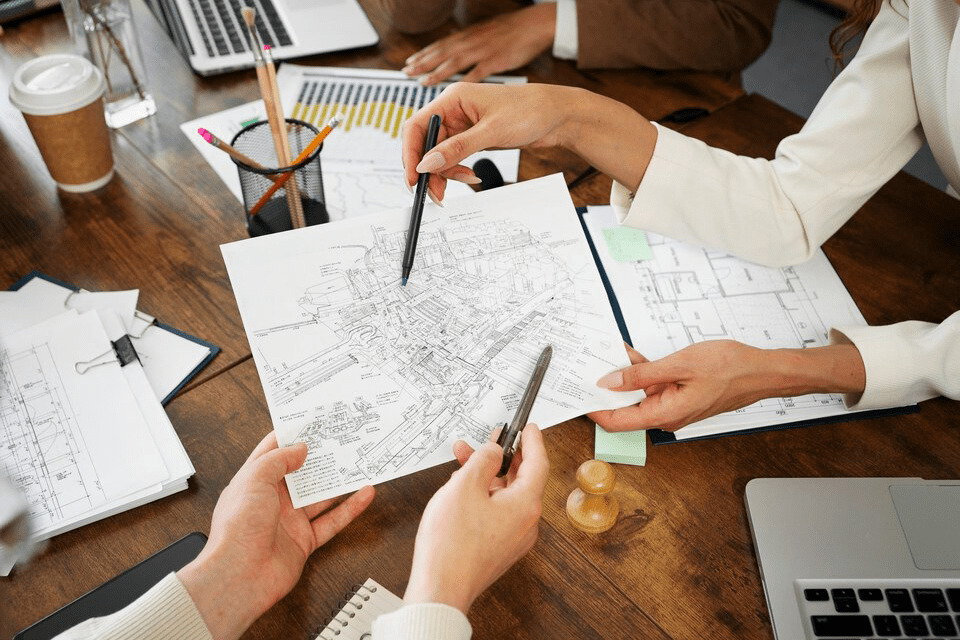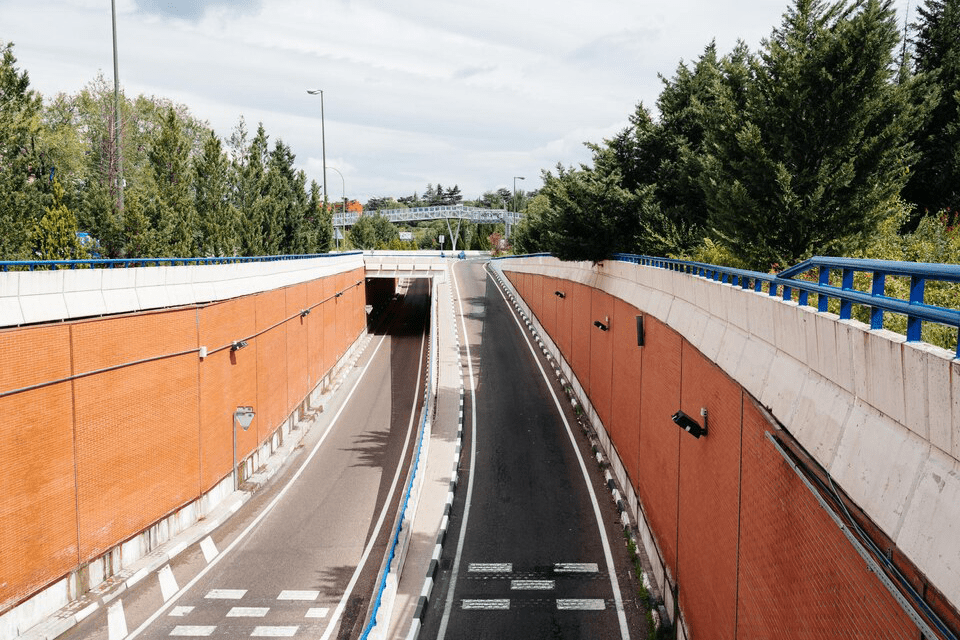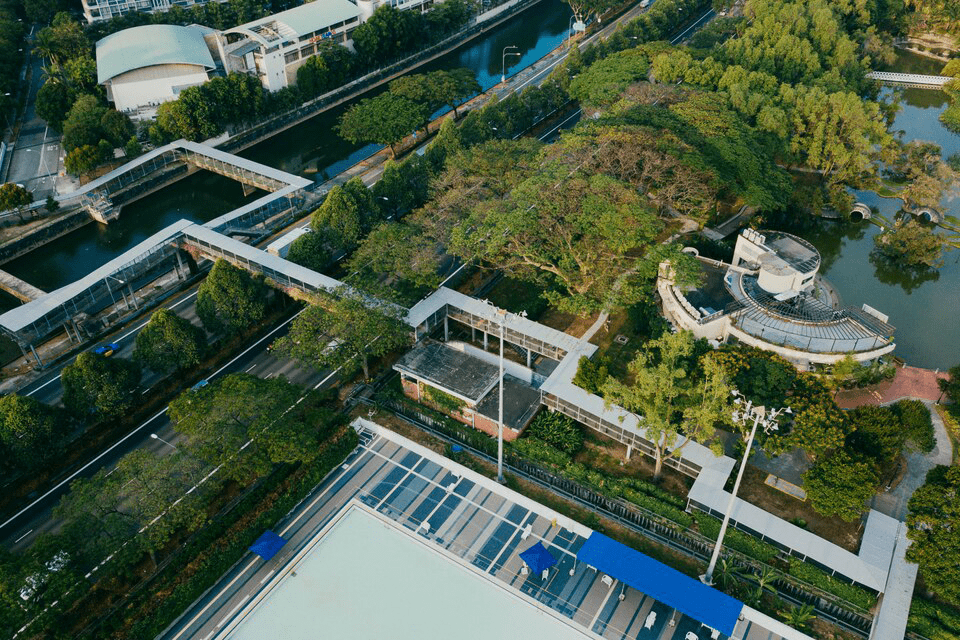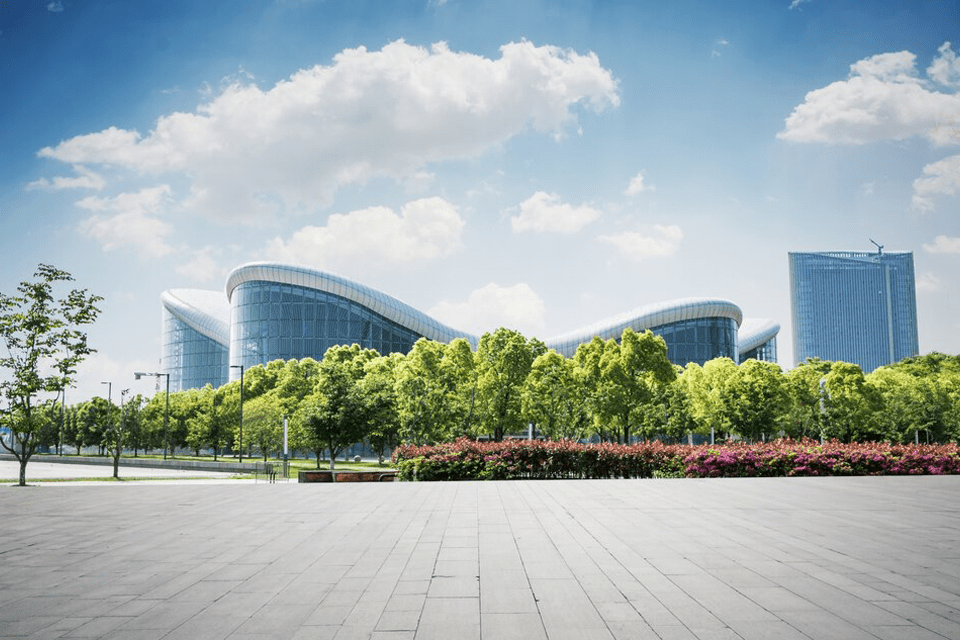Retaining Wall & Remedial Structure Design Services
At Chambers, we specialize in designing retaining walls and remedial structures that effectively manage earth pressures, mitigate site hazards, and enhance overall stability. Our tailored designs blend structural integrity with aesthetic appeal to create safe, long-lasting solutions for a variety of challenging projects.

What We Do
Our team is dedicated to transforming complex site conditions into secure, functional environments. We offer:

Integrated Analysis
Combining geotechnical data and structural principles to ensure every design is optimized for safety, durability, and sustainability.

Remedial Structure Design
Engineering remedial solutions that address issues like slope instability, differential settlement, and existing structural deficiencies.

Retaining Wall Design
Custom-designed walls to provide lateral support, manage soil pressures, and prevent erosion.
By understanding the unique challenges of your site, we deliver designs that not only meet engineering standards but also enhance the visual and functional aspects of the project.
Our Key Services

Remedial Structure Design
Our remedial solutions address existing structural challenges to restore and enhance site stability:
- Slope Stabilization: Designing measures such as soil nailing, rock anchors, and reinforced slopes to prevent landslides.
- Settlement Correction: Engineering interventions to remediate differential settlement and structural distortions.
- Retrofitting: Upgrading existing retaining walls or remedial structures to improve performance and extend their service life.

Retaining Wall Design
We offer a full spectrum of retaining wall solutions tailored to your project needs:
- Gravity Walls: Utilizing mass and weight to resist lateral earth pressures.
- Cantilever Walls: Engineered to leverage bending forces and provide efficient support.
- Anchored Walls: Incorporating tiebacks or anchors to secure walls in challenging soil conditions.
- Segmental Retaining Walls: Modular, flexible systems that are both aesthetically pleasing and effective for various applications.
How We Do It
Our structured approach ensures that every slope stability assessment is accurate, comprehensive, and actionable:

3. Conceptual Design
Our engineers develop preliminary designs and perform structural analyses to determine the most effective solution.

2. Site & Geotechnical Investigation
Detailed surveys and soil analyses provide essential data on earth pressures, soil properties, and environmental factors.

1. Initial Consultation
We begin by discussing your project goals, current site challenges, and specific requirements.

6. Implementation Support
We collaborate with construction teams to ensure that designs are executed accurately and provide ongoing support during the build phase.

5. Detailed Design & Documentation
Final designs are prepared with comprehensive specifications, construction drawings, and material recommendations.

4. Advanced Modeling & Simulation
Using state-of-the-art software, we simulate various loading scenarios and environmental conditions to optimize the design.
Innovation & Technology
We stay at the forefront of foundation engineering by leveraging the latest technologies:
3D Simulation & Finite Element Analysis
3D Simulation & Finite Element Analysis
3D Simulation & Finite Element Analysis
- Advanced modeling techniques predict structural behavior under various conditions.
Building Information Modeling (BIM
Building Information Modeling (BIM
Building Information Modeling (BIM
- Streamlined collaboration and design integration across all project stages.
Smart Material Selection
Smart Material Selection
Smart Material Selection
- Incorporating innovative, sustainable materials that offer superior performance and longevity.
Real-Time Data Integration
Real-Time Data Integration
Real-Time Data Integration
- Utilizing geotechnical instrumentation and remote monitoring systems for ongoing performance analysis.
Sustainability & Impact
Our design approach promotes sustainable, resilient solutions:
- Enhanced Site Stability: Preventing soil erosion and managing earth
pressures ensures the long-term safety of adjacent structures and
communities. - Cost Efficiency: Optimized designs reduce long-term maintenance and
repair costs while enhancing structural performance. - Eco-Friendly Practices: Sustainable material selection and design methods
minimize environmental impact and promote green construction practices. - Community Safety: Effective remedial and retaining wall designs protect
public infrastructure and contribute to safer, more resilient communities.
Industries We Serve
Our expertise in retaining wall and remedial structure design supports a diverse range of sectors:

Government & Municipalities
We assist in designing public infrastructure projects—such as highways, parks, and community spaces—that require robust retaining walls and slope stabilization.

Residential & Commercial Developments
Our tailored solutions ensure that housing complexes, commercial centers, and mixed-use developments are built on secure, stable foundations

Transportation & Infrastructure
From roadway embankments to rail corridors, we design retaining walls and remedial structures that enhance the safety and longevity of critical transit routes.

Industrial & Energy Projects
We support the construction of industrial facilities and renewable energy installations with specialized designs that address challenging site conditions

Environmental & Remediation Projects
Our remedial solutions play a crucial role in stabilizing degraded sites and supporting environmental restoration efforts
Why Retaining Wall & Remedial Structure Design is Important
Effective retaining wall and remedial structure design is crucial for:

Mitigating Risks
Preventing landslides, differential settlement, and other hazards that could lead to costly repairs or catastrophic failures.

Ensuring Structural Integrity
Providing robust support for adjacent buildings, roads, and other infrastructure.

Managing Earth Pressures
Safely countering lateral forces to prevent soil movement and erosion.

Supporting Sustainable Development
Contributing to long-term site stability and environmental resilience.

Enhancing Aesthetics & Functionality
Creating solutions that are both visually appealing and highly functional
FAQs
Have questions? We have answers:
What is a retaining wall and why is it important?
A retaining wall is a structure designed to hold back soil and manage earth pressures, preventing erosion and ensuring site stability. They are essential in areas with steep slopes or unstable soils.
How do remedial structures enhance site stability?
Remedial structures address existing deficiencies such as slope instability or differential settlement. By stabilizing these areas, they help prevent structural failures and extend the life of adjacent infrastructure.
What factors influence the design of a retaining wall?
Key factors include soil type, earth pressure, environmental conditions, load requirements, and the specific challenges of the site. Detailed geotechnical investigations inform our design process.
For more information, please visit our dedicated FAQ page or contact our team directly.
Contact Us
Ready to secure your project with expert retaining wall and remedial structure
design? Reach out today to discuss your needs, request a quote, or learn more
about our comprehensive services.
contact with us
Our Other Services

Ready to Get Started?
Ready to discuss your project? We’re here to help!









How do you decide which retaining wall type is best for a site—gravity, cantilever, or anchored?
We assess factors like soil conditions, wall height, load requirements, and environmental considerations to determine the best retaining wall type. For example, gravity walls are suitable for stable soils, while cantilevered and anchored walls are used for higher loads or unstable conditions.
Are your smart material selections based on local climate and environmental impact?
Yes, our smart material selections are always based on the local climate and environmental impact. We carefully consider factors such as weather patterns, temperature fluctuations, humidity, and sustainability to ensure the materials are durable, energy-efficient, and environmentally friendly. This approach helps in reducing the overall carbon footprint and optimizing long-term performance.
What kind of maintenance is required for segmental retaining walls in high-rainfall zones?
In high-rainfall zones, segmental retaining walls require regular maintenance to prevent water-related issues. This includes checking for drainage blockages, ensuring proper functioning of weep holes, and inspecting for erosion or soil slippage behind the wall. Additionally, occasional repairs may be needed to address wear from water flow or shifting soil.
It’s clear your team brings deep expertise to complex challenges like slope stabilization and erosion control.
Love the focus on both new retaining structures and retrofitting older ones—covers the full lifecycle.
Great to see sustainability and community safety featured as core priorities in your design process.
Retaining walls often go unnoticed, but their impact on safety and stability is massive thanks for spotlighting this!